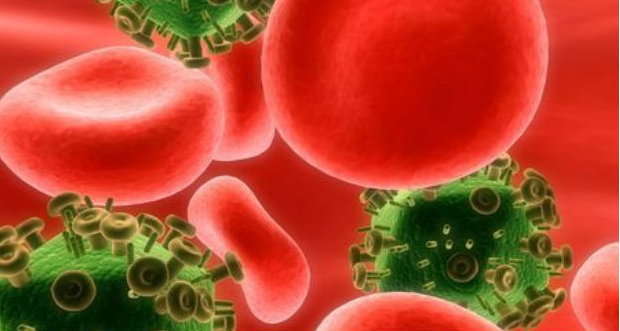One of the biggest medical breakthroughs of this era might have come to fruition as a 44-year-old British man is believed to have been the first person to be cured of the dreaded Human Immunodeficiency Virus (HIV).
According to a report by The Telegraph, test results showed the virus had become undetectable in the blood of a previously HIV-positive man after he was treated with a pioneering technology designed to eradicate the virus.
The man, who remains unidentified for privacy reasons, is one of 50 people observed by British scientists who are currently testing a treatment that targets HIV at its dormant state.
The patient was the first one to fully complete the trial of ambitious treatments, which feature a two-stage “kick and kill” approach on the virus.
The therapy’s unique attack tracks down and destroys HIV in every part of the body—including in the dormant cells that evade current treatments.
“This is one of the first serious attempts at a full cure for HIV,” Mark Samuels, managing director of the National Institute for Health Research Office for Clinical Research Infrastructure, was quoted as saying in the report.
“We are exploring the real possibility of curing HIV. This is a huge challenge and it’s still early days but the progress has been remarkable,” he added.
The two-part process of the therapy involves two stages, the report said. A vaccine is used to help the body identify the HIV-infected cells so it can clear it out, while a drug called Vorinostat activates the dormant T-cells so they can be spotted by the immune system.
Despite the astonishing results, scientists have warned that it is too early to tell if the treatment has really worked, but claimed that the first subject had made “remarkable progress.”
“It would be great if a cure has happened. My last blood test was a couple of weeks ago and there is no detectable virus,” the man, who was revealed to be a social worker, told the London Times. “It could be the anti-retroviral therapies, so we have to wait to be sure.”
He also claimed to be eternally grateful for the treatment and hopes that the new development would also help others who are suffering from the same disease.
“I took part in the trial to help others as well as myself. It would be a massive achievement if, after all these years, something is found to cure people of this disease. The fact that I was a part of that would be incredible,” he said.
The HIV virus is often transmitted through sexual acts or through sharing of infected needles. The virus is notorious for weakening a person’s immune system by destroying T-cells, which are crucial to fighting disease and infection.
According to the latest census from the US Centers for Disease Control and Prevention, about 36.7 million people are living with HIV worldwide. Khristian Ibarrola/rga
